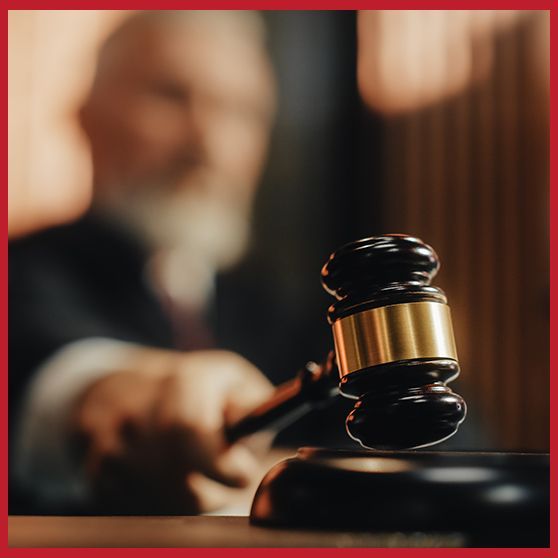Clemency and Pardons
Clemency and Pardons
Clemency and pardon petitions offer a pathway to relief when traditional legal remedies have been exhausted or are unavailable. These executive-level requests for mercy require compelling narratives that demonstrate rehabilitation, community contributions, acceptance of responsibility, and circumstances warranting compassionate intervention. Successful clemency applications demand thorough documentation, character references, evidence of personal transformation, and strategic presentation tailored to the decision-making authority's specific criteria and priorities.
How Our Firm Helps
Our firm works closely with clients to craft persuasive clemency petitions that humanize their stories while addressing public safety concerns and meeting legal standards governing executive decisions. This collaborative process includes gathering extensive supporting documentation, securing compelling character references from community leaders and family members, and presenting evidence of rehabilitation through employment records, educational achievements, and prison program participation. By thoroughly investigating each client's background, post-conviction conduct, and mitigating circumstances, our firm builds comprehensive petitions that maximize the likelihood of favorable consideration by governors, pardon boards, or presidential clemency authorities.
Attorney David Lewarchik's twenty-plus years of experience handling clemency petitions provides clients with sophisticated advocacy grounded in deep understanding of what persuades executive decision-makers. Mr. Lewarchik is a graduate of a top law school, equipping him with superior legal training and persuasive writing abilities. As a former appellate court clerk and staff attorney, Mr. Lewarchik gained invaluable insight into how judicial and executive officials evaluate clemency applications, enabling strategic presentation of mitigating factors and rehabilitation evidence. Having handled over 200 appeals and post-conviction matters, our firm brings comprehensive knowledge of criminal justice outcomes, sentencing disparities, and reformation to every clemency petition. Whether seeking sentence commutation, full pardon, or restoration of civil rights, our dedicated representation ensures that clients have strong advocacy during this final opportunity for justice and redemption.
Frequently Asked Questions
What types of crimes qualify for executive clemency?
In Illinois, any conviction in the State of Illinois qualifies for executive clemency consideration, regardless of the type of crime. There are no categorical exclusions based on offense type, though the nature of the crime will be considered in the evaluation process.
Is there a waiting period after conviction to apply for clemency?
In Illinois, there is no mandatory waiting period after conviction to file a clemency petition. However, demonstrating substantial rehabilitation and post-conviction conduct improvements strengthens clemency applications, which often takes time to establish.
How long does the clemency process take?
The clemency timeline varies significantly depending on the jurisdiction and volume of pending applications. In Illinois, once a completed petition is approved for hearing, it is placed on the next available docket, with hearings held quarterly. After the hearing, the Prisoner Review Board makes confidential recommendations to the Governor, who makes the final clemency decision.
What is the difference between commutation and pardon?
Commutation reduces a sentence or provides relief from imprisonment, fines, or restitution, typically sought by individuals still serving sentences. A pardon is an official forgiveness of a conviction, typically sought after sentence completion, and can restore certain civil rights lost due to conviction.



